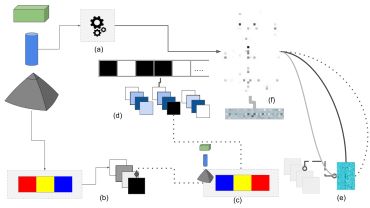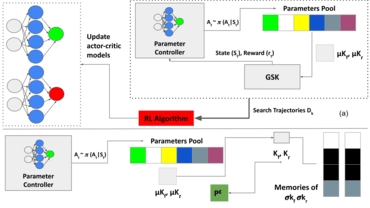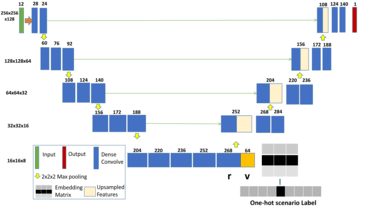
Neural Knapsack: A Neural Network Based Solver for the Knapsack Problem
IEEE Access 2020 Hazem A A Nomer, Khalid Abdulaziz Alnowibet, Ashraf Elsayed, Ali Wagdy Mohamed
Hi, I’m Hazem Nomer, a machine learning researcher specializing in the intersection of deep learning, optimization, and healthcare applications.Currently, I am a PhD candidate at Erasmus Medical Center in Rotterdam, where I work on the INSTORAD project, which aims to transform radiotherapy treatment planning through instantaneous, AI-driven solutions.
My career has been shaped by a passion for tackling unconventional and challenging ideas in deep learning—particularly in using neural networks to solve complex mathematical problems. This drive led me to develop NeuralKnapsack, a neural network-based solver for the knapsack problem. My research focuses on representation learning and optimizing deep learning models to address pressing needs in healthcare.

IEEE Access 2020 Hazem A A Nomer, Khalid Abdulaziz Alnowibet, Ashraf Elsayed, Ali Wagdy Mohamed

NILES 2021 Hazem A A Nomer, Ali Wagdy Mohamed, Ahmed H Yousef
Code will be avaliable soon

Physics in Medicine & Biology 2024 Hazem A A Nomer, Franziska Knuth, Joep van Genderingen, Dan Nguyen, Margriet Sattler, András Zolnay, Uwe Oelfke, Steve Jiang, Linda Rossi, Ben J M Heijmen.

Stocks returns prediction using deep learning

This simple module tracks your mouse movements and predict where your mouse is going next

Teaching LSTM and GRU (Gated Recurrent Units) to act as Stacks.

Due to many theoretical implications, recursive neural networks are believed to be powerful models. In addition, recursive networks learn high-level representations from explicit inputs thus, it is successful in many deep learning tasks where the input is a structure

(Role: C# Developer) 3D game simulates life on Mars Lava tubes. Won in NASA SPACE APPS hackathon.